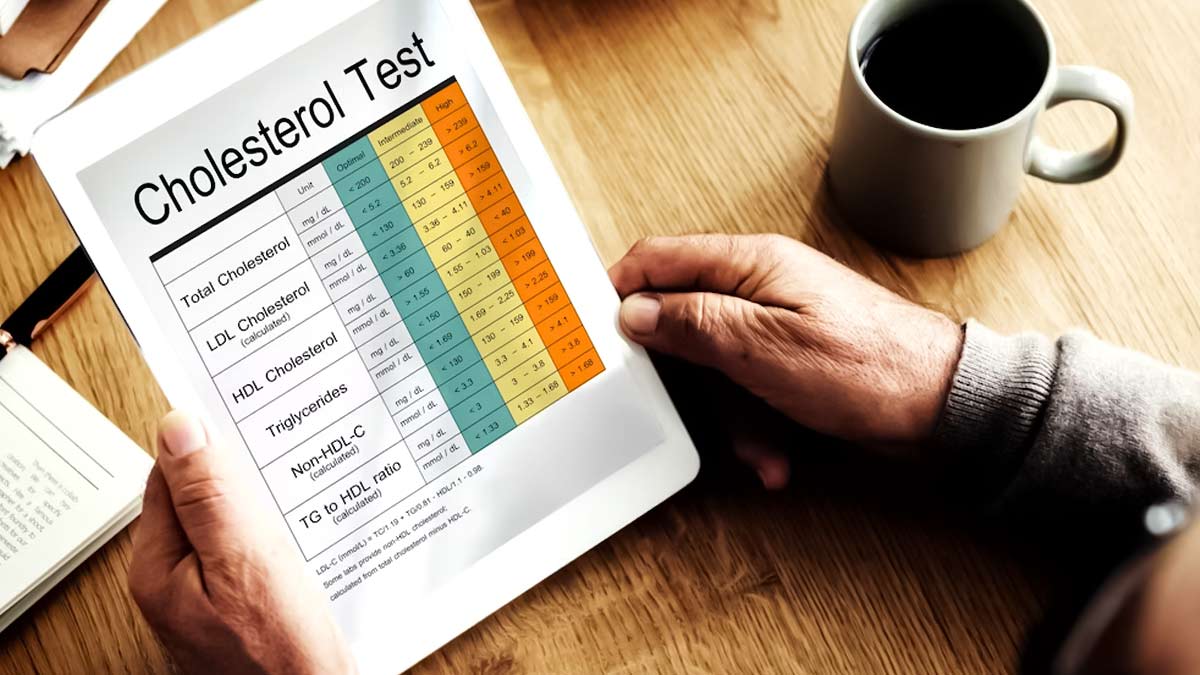
Maintaining healthy cholesterol levels is crucial for heart health, and the good news is that your diet can play a significant role in managing this aspect. If you're looking to improve your cholesterol profile, consider incorporating these five heart-friendly foods into your diet:
Foods To Lower Cholesterol Levels
1. Oats
Start your day with a bowl of oatmeal to give your heart a boost. Oats contain beta-glucans, a type of soluble fibre that helps reduce LDL cholesterol (the "bad" cholesterol) levels. Regular consumption of oats has been shown to contribute to lower cholesterol and promote overall heart health.
2. Fatty Fish
Fish rich in omega-3 fatty acids, such as salmon, mackerel, and sardines, can be a great addition to your diet. Omega-3s have been linked to increased levels of HDL cholesterol (the "good" cholesterol) and can help lower triglycerides and reduce inflammation in the arteries.
Also read: Green Bananas Benefits: 5 Health Benefits Of Consuming Raw Bananas
3. Nuts
Snack on a handful of nuts, like almonds, walnuts, or pistachios, to improve your cholesterol profile. These nuts are rich in monounsaturated and polyunsaturated fats, which have been associated with reduced LDL cholesterol levels when consumed in moderation.
4. Avocado
Avocados are packed with heart-healthy monounsaturated fats, which can help lower LDL cholesterol while maintaining or increasing HDL cholesterol. Adding avocado slices to salads or using them as a spread can be a delicious way to benefit from their cholesterol-lowering properties.

Also read: Green Bananas Benefits: 5 Health Benefits Of Consuming Raw Bananas
5. Legumes
Beans, lentils, and chickpeas are excellent sources of soluble fiber and plant-based protein. These dietary powerhouses can help reduce cholesterol levels, improve blood sugar control, and support overall heart health.
Remember that while incorporating these foods into your diet can be beneficial, it's essential to maintain a balanced and varied approach to eating. Combine these heart-healthy options with a well-rounded diet, regular physical activity, and other healthy lifestyle choices for optimal cholesterol management and overall well-being.
As always, it's crucial to consult with a healthcare professional or a registered dietitian before making significant changes to your diet, especially if you have any pre-existing medical conditions or concerns about cholesterol levels. Taking proactive steps to manage your cholesterol can set you on the path to a healthier heart and a better quality of life.
Also watch this video
Read Next
5 Nutrients To Improve Brain Fog
How we keep this article up to date:
We work with experts and keep a close eye on the latest in health and wellness. Whenever there is a new research or helpful information, we update our articles with accurate and useful advice.
Current Version